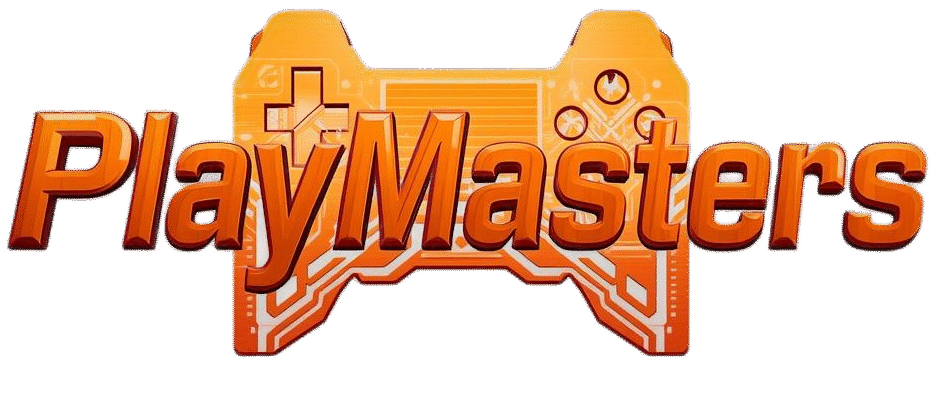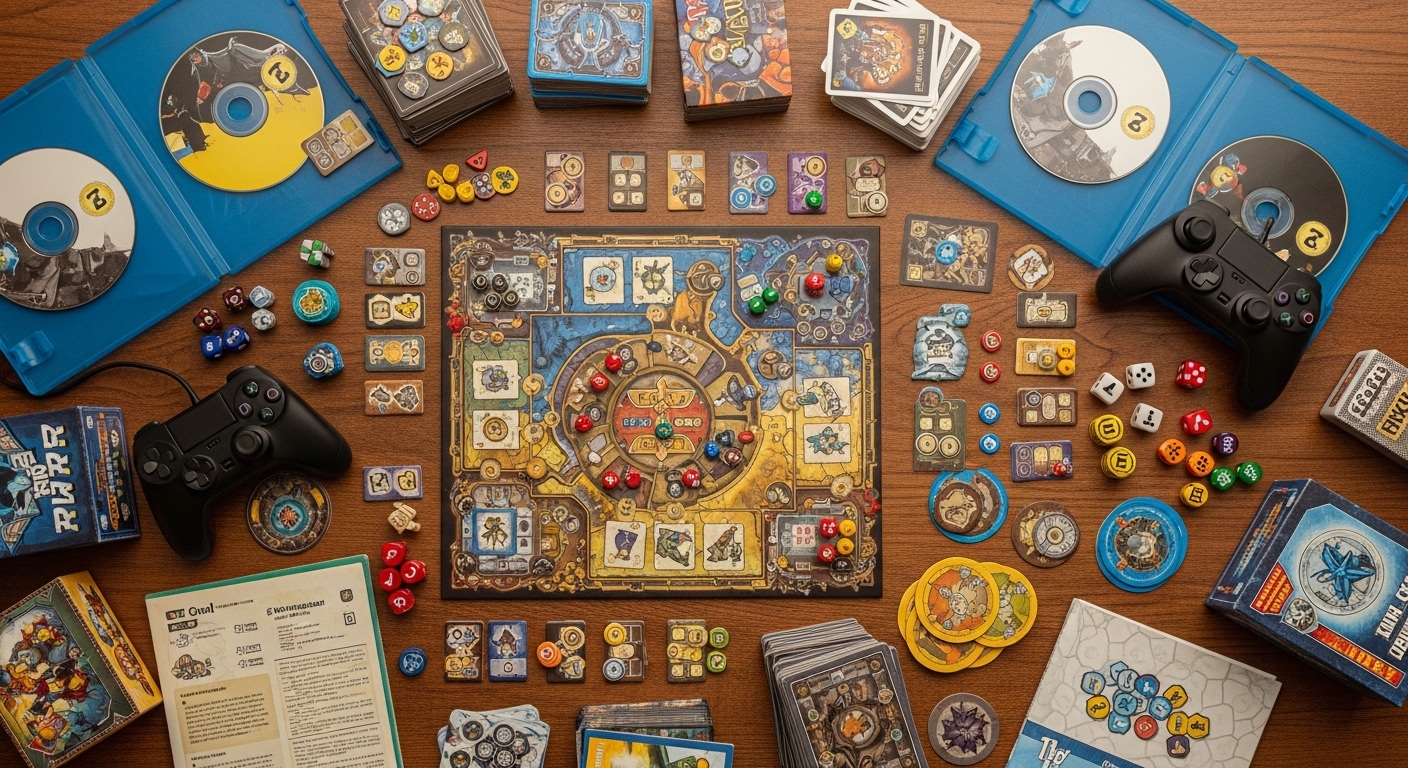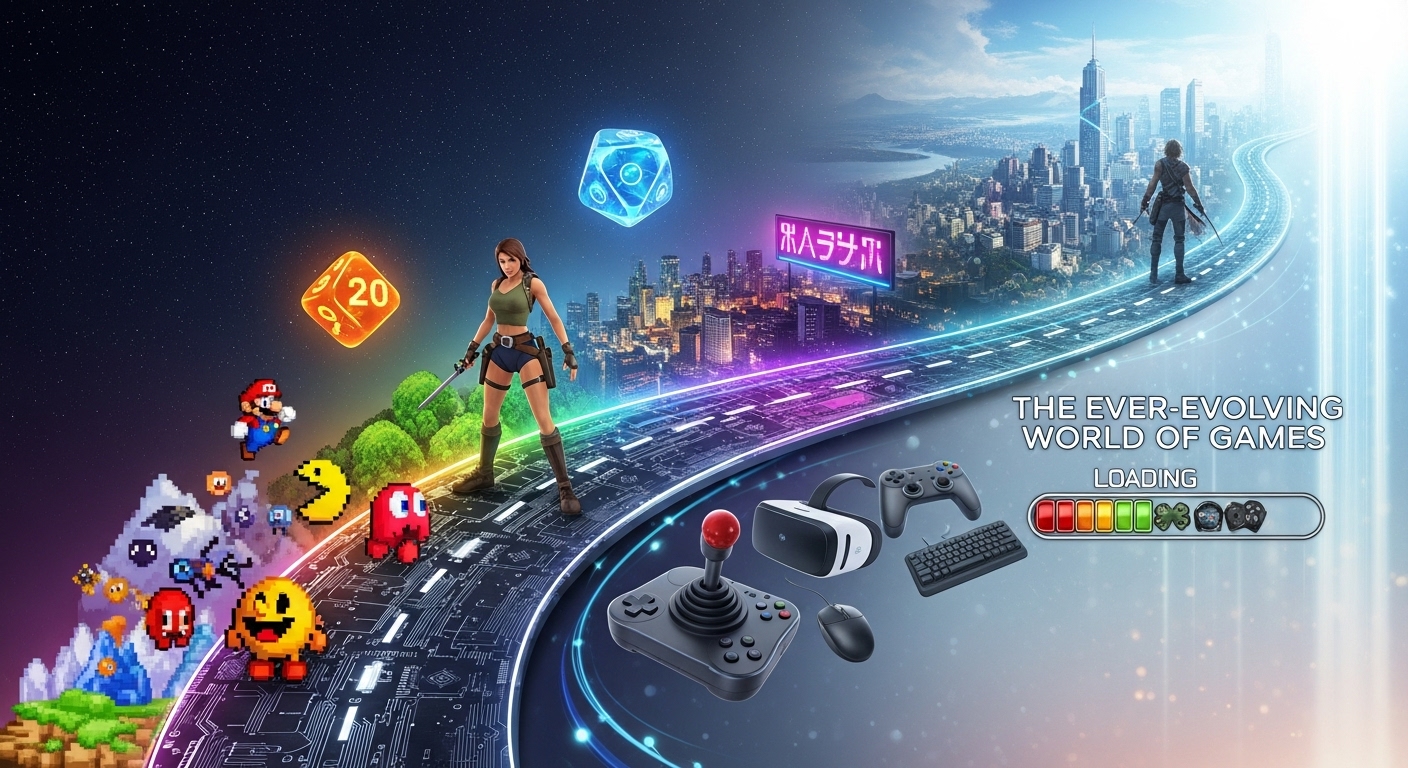Introduction: Games as a Universal Language
Games have been part of human life for centuries. From ancient board games to modern digital adventures, they entertain, challenge, and bring people together. Games are more than a way to pass time—they are a universal language that crosses cultures, connects communities, and sparks imagination. They allow players to explore new worlds, test their skills, and create experiences that linger long after the game is over.
The Evolution of Games
Games have come a long way since their early forms. Traditional games like chess, dice games, and card games were simple yet intellectually stimulating. The advent of video games revolutionized entertainment, introducing immersive storytelling, interactive challenges, and visually stunning worlds. Today, games combine technology, creativity, and narrative, providing experiences that rival movies and literature in depth and engagement.
Social Connection Through Games
One of the most powerful aspects of games is their ability to connect people. Multiplayer games and online communities allow players to collaborate, compete, and share experiences across the globe. Games foster teamwork, communication, and social bonds, making them a platform not just for play but for meaningful human interaction. Family game nights, local tournaments, and online matches all contribute to the social dimension of gaming.
The Educational Value of Games
Beyond entertainment, games have significant educational benefits. Strategy games sharpen problem-solving skills, simulation games teach real-world concepts, and puzzle games enhance critical thinking. Games encourage learning in an engaging way, helping players develop focus, creativity, and resilience. Educational games prove that learning can be fun, interactive, and deeply rewarding.
Immersive Storytelling in Games
Modern games are masterpieces of interactive storytelling. Players are not just observers—they become part of the narrative. Role-playing games, adventure titles, and story-driven experiences allow players to make choices that impact the outcome, creating a personal connection to the story. This interactive storytelling fosters empathy, imagination, and emotional engagement, making games a unique form of artistic expression.
Technology and Innovation in Gaming
Technology drives the evolution of games. Advanced graphics, realistic physics, and artificial intelligence create immersive, lifelike experiences. Virtual reality and augmented reality bring new dimensions to play, allowing players to step into the game world. Mobile and cloud gaming make high-quality experiences accessible to millions, ensuring that gaming continues to grow and innovate.
Creativity and Game Design
Many games encourage players to create and experiment. Sandbox games, level editors, and custom content allow players to build their own worlds and experiences. This fosters creativity, problem-solving, and innovation, showing that games are not only about following rules but also about exploring possibilities and expressing individuality.
The Future of Games
The future of games promises even greater possibilities. Advances in artificial intelligence, immersive technologies, and interactive storytelling will make games more adaptive, personal, and engaging. Gaming will continue to blend entertainment, education, and social connection, creating experiences that are more meaningful, inclusive, and transformative than ever before.
Conclusion: Games as a Reflection of Life
Games are more than entertainment—they are a mirror of human curiosity, creativity, and connection. They teach, inspire, and bring people together while offering endless possibilities for exploration. As games continue to evolve, they will remain a powerful medium that transforms play into experience, imagination into reality, and challenges into opportunities for growth.




